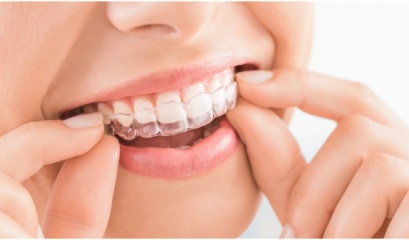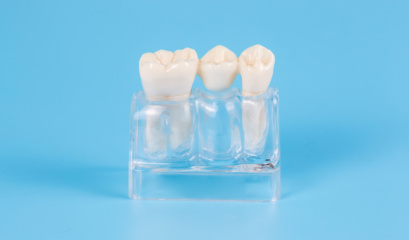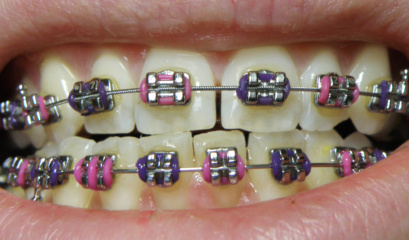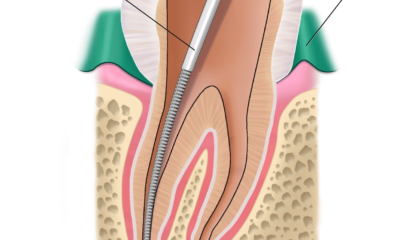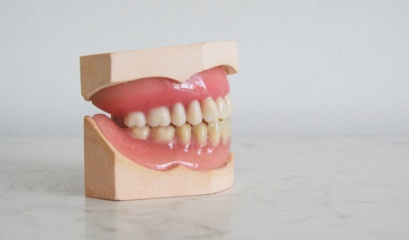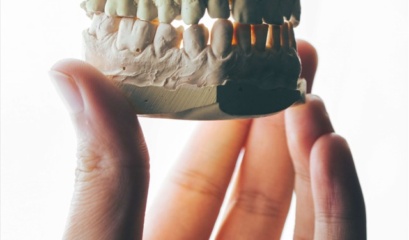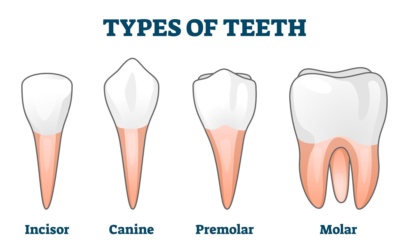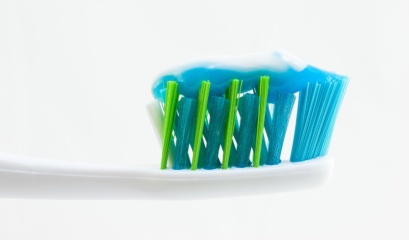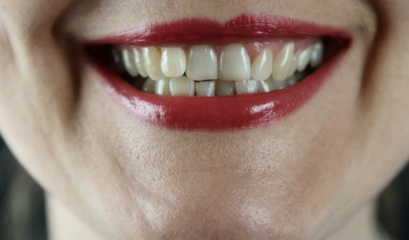Experiencing tooth pain can be an incredibly uncomfortable and disruptive experience. However, ignoring the problem can lead to further complications. Let us introduce how to deal with tooth pain which is a sharp, throbbing sensation or a dull ache.
Causes of Tooth Pain
Cavities: When tooth decay penetrates the enamel and reaches the inner layers of the tooth, it can cause significant pain. Cavities are the most common cause of toothaches, resulting from poor oral hygiene and the buildup of bacteria and plaque. As cavities grow deeper into the tooth, they can expose the sensitive inner layers and cause significant pain. Untreated cavities can lead to dental abscesses, which are serious infections that require immediate treatment.
Tooth Abscess: A dental abscess is a pocket of pus that forms at the root of a tooth or in the gums. Abscesses are usually caused by untreated tooth decay or a cracked/broken tooth that allows bacteria to enter. This can cause severe, throbbing pain and may also lead to fever, swelling, and bad taste in the mouth.
Tooth Fracture: Cracked, chipped, or broken teeth can expose the sensitive inner layers and cause sharp, sudden pain. Tooth fractures can occur from trauma, grinding teeth, or biting down on hard foods. They also require prompt dental treatment to prevent further damage and infection.
Damaged Filling: Loose, cracked, or worn-out fillings can allow bacteria to enter and cause pain and sensitivity. Damaged fillings need to be repaired or replaced by a dentist to prevent further tooth decay.
Gum disease: Inflamed or infected gums can put pressure on the teeth, leading to discomfort. Inflamed or infected gums (gingivitis or periodontitis) can put pressure on the teeth, leading to dull, aching pain. Gum disease is caused by a buildup of plaque and bacteria, and can worsen if left untreated.
Teeth grinding: Also known as bruxism, this habit can wear down tooth enamel and lead to pain. Grinding or clenching the teeth, often during sleep, can wear down tooth enamel and cause pain. Bruxism can also lead to TMJ (temporomandibular joint) issues, causing jaw pain and discomfort.
Sinus issues: Sinus infections or congestion can sometimes cause referred pain in the teeth. A sinus infection (sinusitis) can cause tooth pain, particularly in the upper rear teeth closest to the sinuses. The congestion and pressure from a sinus infection can put pressure on the nerves connected to the teeth, leading to referred pain. Sinus issues like infections or congestion can sometimes cause pain that is felt in the teeth
Abnormal Bite (Malocclusion): Misaligned or uneven bites can put extra stress on the teeth and jaw, leading to pain and difficulty chewing. Malocclusion is often hereditary but can also be caused by habits like thumb-sucking or use of pacifiers.
How to Stop Tooth Pain Fast at Home
If you’re experiencing tooth pain, there are several home remedies you can try to find relief:
Over-the-counter pain medications: Taking ibuprofen or acetaminophen can help reduce inflammation and alleviate pain. These medications work by blocking the production of prostaglandins, which are chemicals that contribute to pain and swelling.
Cold compresses: Applying a cold compress or ice pack to the affected area can help numb the pain and reduce swelling. The cold temperature helps constrict blood vessels and decrease blood flow to the area, providing a numbing effect.
Saltwater rinses: Swishing with a warm saltwater solution can help soothe the area and reduce bacteria. The salt helps to draw out fluid from the inflamed area, while also having a mild antiseptic effect.
Clove oil: Applying a small amount of clove oil directly to the painful tooth can provide temporary relief. Clove oil contains eugenol, a natural anesthetic and anti-inflammatory compound that can help alleviate pain.
Garlic: Placing a small piece of raw garlic on the affected tooth can help reduce pain and fight infection. Garlic has natural antimicrobial properties that can help combat the bacteria causing the pain.
Baking soda paste: Mixing baking soda with water to create a paste and applying it to the painful area can help neutralise acid and reduce discomfort. The baking soda helps to balance the pH in the mouth, providing relief.
Peppermint tea bags: Placing a cooled peppermint tea bag on the affected area can have a numbing effect. Peppermint contains menthol, which has a cooling sensation that can temporarily alleviate pain.
While these home remedies can offer some relief, it’s important to remember that they are not a long-term solution. Persistent or severe tooth pain should always be evaluated by a professional dentist. Contact our team at Knight Street Dental today!
Preventive Measures
The best way to avoid tooth pain is to maintain good oral hygiene and prioritise preventive dental care. By taking proactive steps, you can significantly reduce your risk of developing painful dental issues.
Proper Oral Hygiene: Brushing your teeth twice a day with a soft-bristled toothbrush and fluoride toothpaste is essential for removing plaque and preventing cavities. Flossing daily helps as well.
Regular Dental Check-ups: Visiting your dentist for routine cleanings and check-ups every six months allows them to detect and address any dental problems early on before they become more serious and painful.
Dietary Considerations: Avoiding sugary and acidic foods and drinks can help prevent tooth decay and erosion. Hard, sticky, or crunchy foods can also increase the risk of tooth injury and damage.
Mouthguard Use: If you grind or clench your teeth (a condition known as bruxism), wearing a custom-fitted mouthguard can help protect your teeth from the damaging effects of this habit. Mouthguards cushion the teeth and prevent them from grinding against each other, reducing the risk of pain and damage.
When to See a Dentist - Contact Knight Street Dentists
If the home remedies you’ve tried have not provided any relief after a day or two, it’s best to schedule an appointment with a dentist. The team at Knight Street Dentists is here to provide the compassionate, high-quality care you need to find relief and maintain optimal oral health.
Our experienced dentists are experts in diagnosing and treating a wide range of dental issues, from cavities and gum disease to tooth injuries and sinus-related pain. We’ll work closely with you to identify the underlying cause of your discomfort and develop a personalised treatment plan to address it effectively.
Contact us now to book your consultation and take control of your oral health. Together, we’ll get you back to feeling your best and enjoying all the foods you love without discomfort.

